Who was Millicent Fawcett?
The ‘most influential woman’ of the past century is being honoured with a statue in Parliament Square
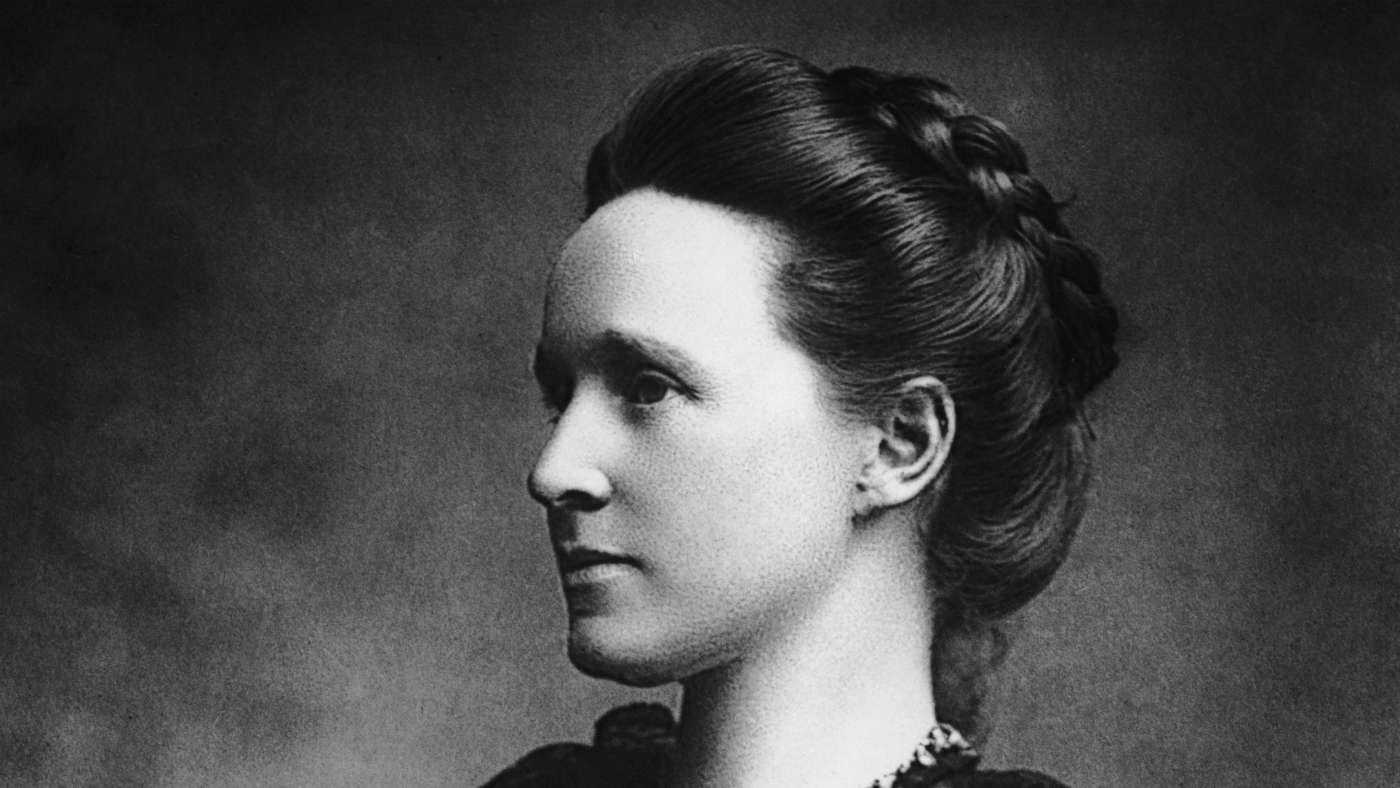
A free daily email with the biggest news stories of the day – and the best features from TheWeek.com
You are now subscribed
Your newsletter sign-up was successful
Celebrated suffragist Millicent Fawcett has become the first woman to be honoured with a bronze statue in London’s Parliament Square.
Theresa May joined London Mayor Sadiq Khan this morning at the official unveiling of the monument, to mark the centenary of women winning the right to vote. Khan described the tribute as “long overdue”.
Fawcett’s statue was commissioned following a two-year campaign by feminist writer and activist Caroline Criado Perez, who also led last year’s successful effort to have Jane Austen commemorated on the new £10 note.
The Week
Escape your echo chamber. Get the facts behind the news, plus analysis from multiple perspectives.

Sign up for The Week's Free Newsletters
From our morning news briefing to a weekly Good News Newsletter, get the best of The Week delivered directly to your inbox.
From our morning news briefing to a weekly Good News Newsletter, get the best of The Week delivered directly to your inbox.
The unveiling comes two months after Fawcett was named he most influential woman of the past 100 years by BBC Radio 4 listeners.
So just who is she and what did she do?
Early life
Born in Suffolk in 1847, Fawcett was the eighth of ten children born into an affluent family. In 1858, she was sent a private boarding school in Blackheath, southeast London. Her older sister, Elizabeth Garrett Anderson, was also in the capital studying medicine, and would later become the first woman in Britain to qualify as a doctor.
A free daily email with the biggest news stories of the day – and the best features from TheWeek.com
Elizabeth introduced Millicent, or Millie, to English suffragist Emily Davies, who is said to have told them: “It is quite clear what has to be done. I must devote myself to securing higher education, while you [Elizabeth] open the medical profession to women. After these things are done, we must see about getting the vote. You are younger than we are, Millie, so you must attend to that.”
The young Fawcett was also influenced by the radical MP John Stuart Mill, an early (and rare male) advocate of universal women’s suffrage.
Impact on women’s rights
In 1897, Fawcett and a number of other now-famed figures of the women’s rights movement merged various local suffrage societies to create the National Union for Women’s Suffrage Societies (NUWSS). The organisation insisted on using only non-violent tactics such as lobbying and petitions to persuade the government to grant women voting rights.
Among the other founding members of the NUWSS as Emmeline Pankhurst, widely regarded as another of the suffrage movement’s most influential - and controversial - figures.
Differences of opinion between Fawcett and the more militant Pankhurst came to a head in 1903, when Pankhurst left the NUWSS and formed the Women’s Social and Political Union (WSPU), which according to its own slogan was dedicated to “deeds, not words”, including hunger strikes, assault and arson.
Despite their opposing approaches, the two movements worked throughout the First World War to further the cause. In recognition of women’s efforts in the War, the government passed the Representation of the People Act in 1918.
This extended the right to vote to all men aged over 21 years old and to all women over 30 who held £5 of property - or had husbands who did - expanding the electorate by 5.6 million men and 8.4 million women.
In 1925, Fawcett was awarded a Damehood by King George V for her work, which included co-founding one of Britain’s first women-only colleges, Newnham at Cambridge University.
She continued to fight for women’s rights until her death at the age of 82 in 1929 - one year after universal suffrage was granted to women in the UK.
-
 The ‘ravenous’ demand for Cornish minerals
The ‘ravenous’ demand for Cornish mineralsUnder the Radar Growing need for critical minerals to power tech has intensified ‘appetite’ for lithium, which could be a ‘huge boon’ for local economy
-
 Why are election experts taking Trump’s midterm threats seriously?
Why are election experts taking Trump’s midterm threats seriously?IN THE SPOTLIGHT As the president muses about polling place deployments and a centralized electoral system aimed at one-party control, lawmakers are taking this administration at its word
-
 ‘Restaurateurs have become millionaires’
‘Restaurateurs have become millionaires’Instant Opinion Opinion, comment and editorials of the day
-
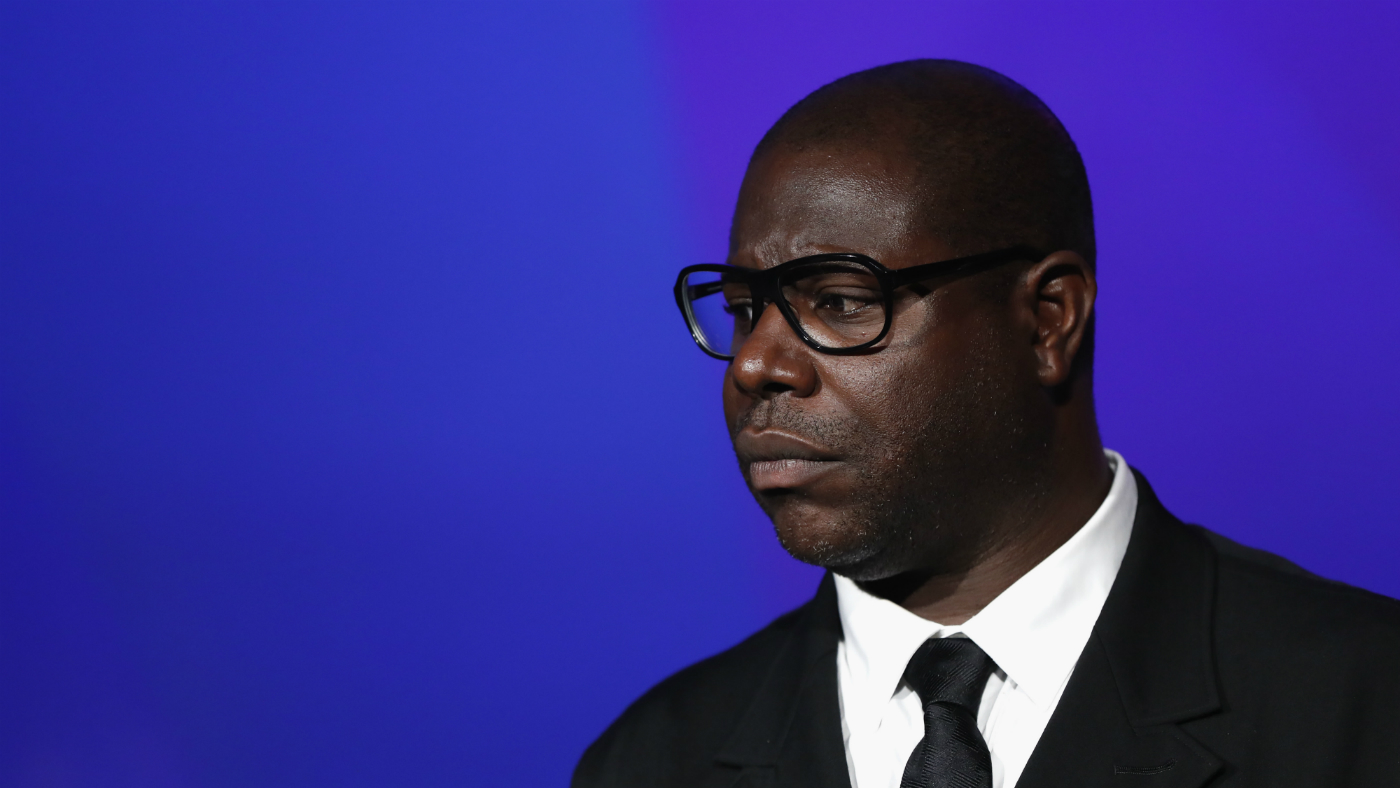 Windrush activist lists ‘100 great black Britons’
Windrush activist lists ‘100 great black Britons’Speed Read The Black History Month project celebrates individuals who collectively span the past 400 years
-
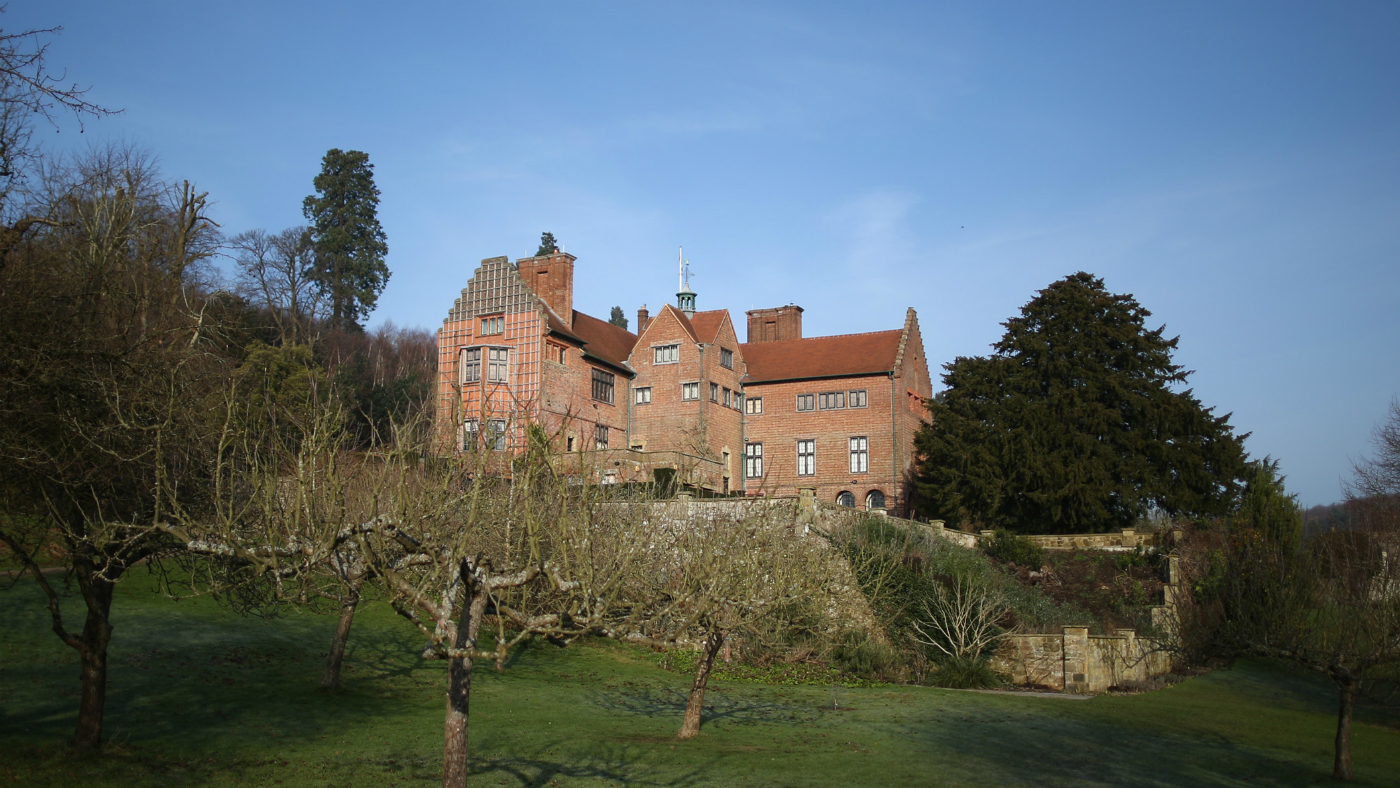 BLM: almost 100 National Trust properties linked to slavery and colonialism
BLM: almost 100 National Trust properties linked to slavery and colonialismSpeed Read Review reveals ‘uncomfortable truths’ behind homes owned by famous figures including Winston Churchill and Rudyard Kipling
-
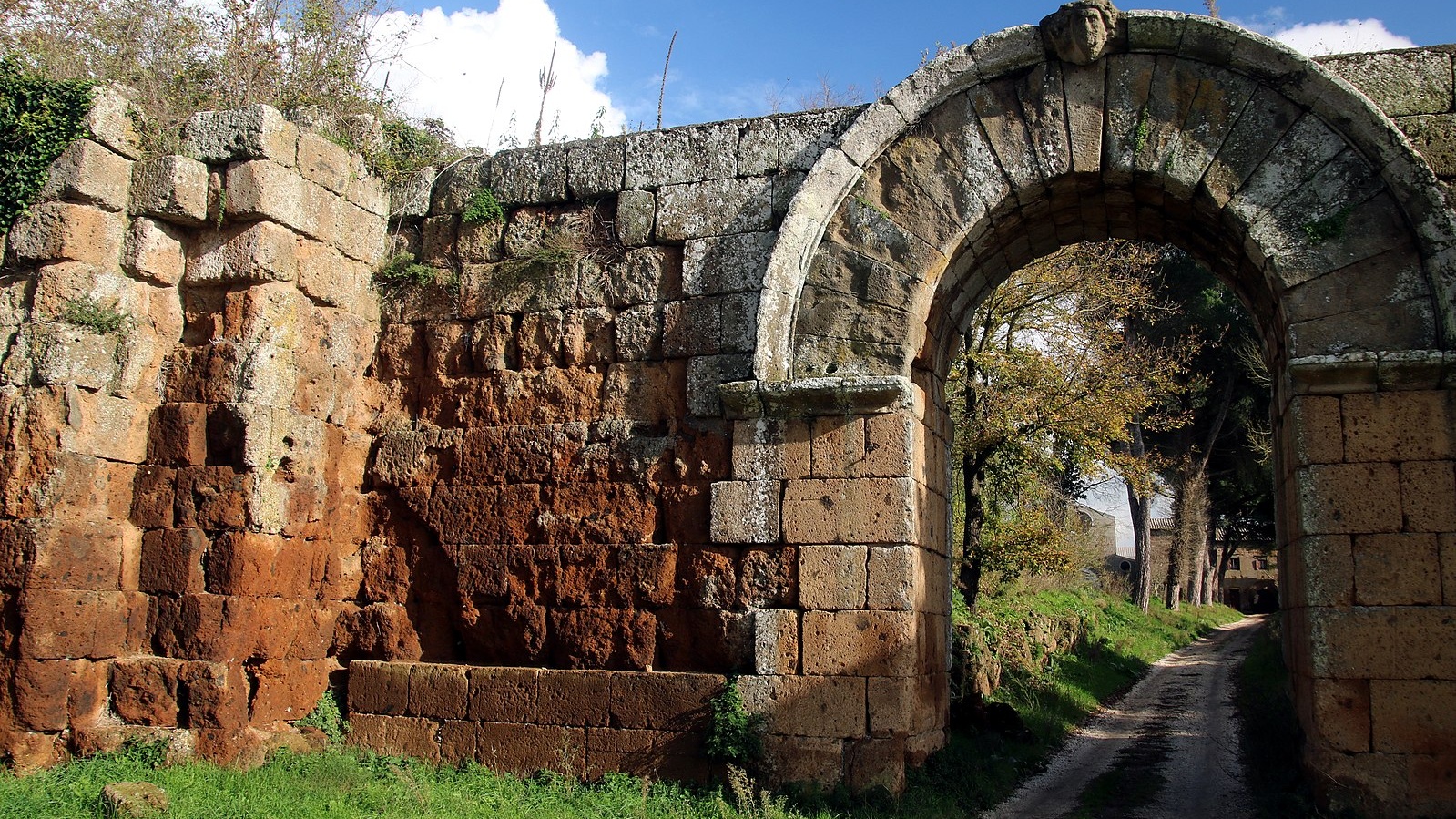 Archaeologists map Roman city using ‘quad bike and radar’
Archaeologists map Roman city using ‘quad bike and radar’Speed Read New scanning system reveals ‘elaborate’ details of ancient settlement
-
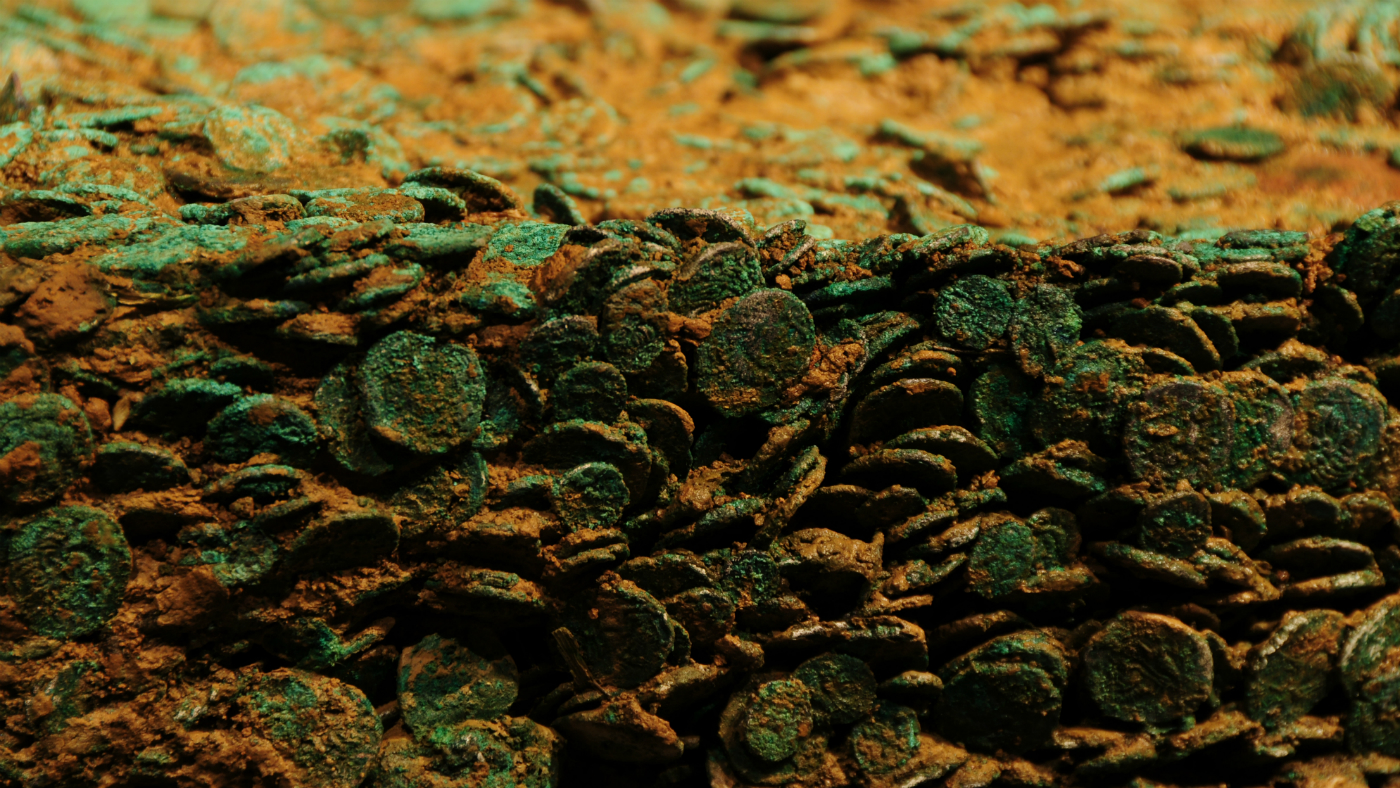 Iron Age coins: how record-breaking £10m hoard was discovered
Iron Age coins: how record-breaking £10m hoard was discoveredSpeed Read Two amateur treasures hunters handed Guinness World Records title after unearthing pre-Christian haul on Jersey
-
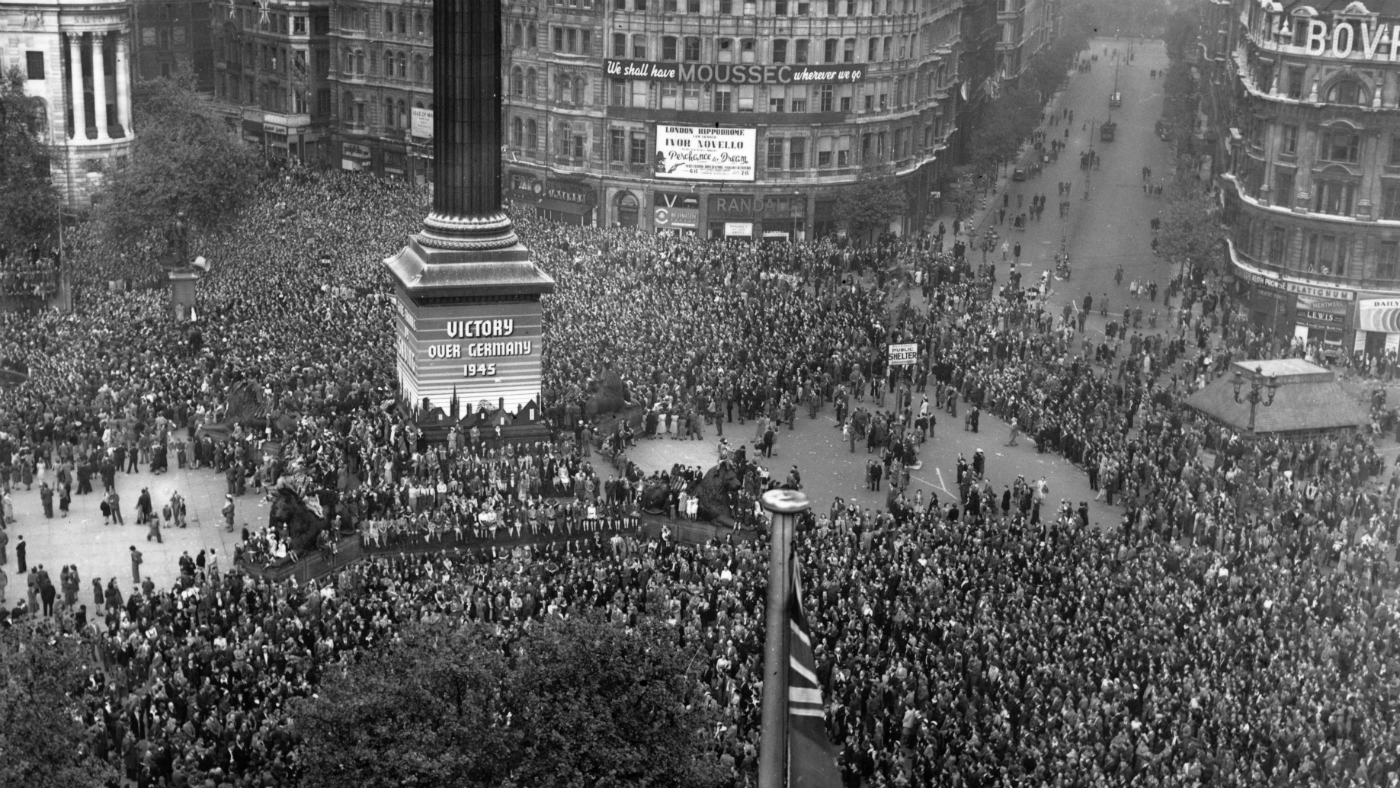 Why May Day bank holiday is set to move in 2020
Why May Day bank holiday is set to move in 2020Speed Read Government considering switching date in order to mark VE Day anniversary
-
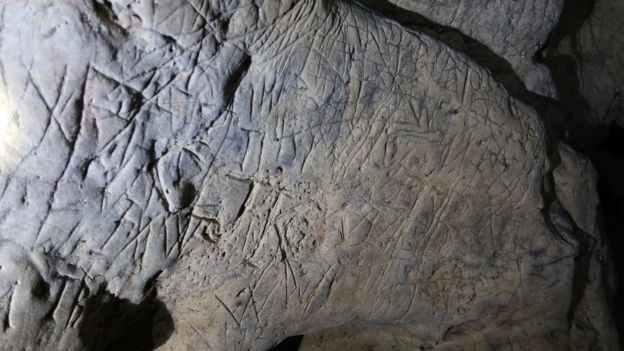 Mystery of Nottinghamshire ‘witch cave’
Mystery of Nottinghamshire ‘witch cave’Speed Read Cave carvings initially thought to be graffiti now believed to be UK’s biggest collection of ‘apotropaic’ signs
-
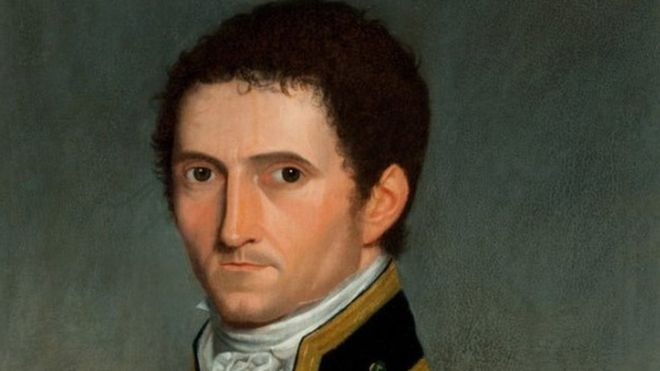 Matthew Flinders: explorer’s grave discovered in London
Matthew Flinders: explorer’s grave discovered in LondonSpeed Read HS2 dig unearths lost remains of celebrated navigator more than 200 years after he put Australia on the map
-
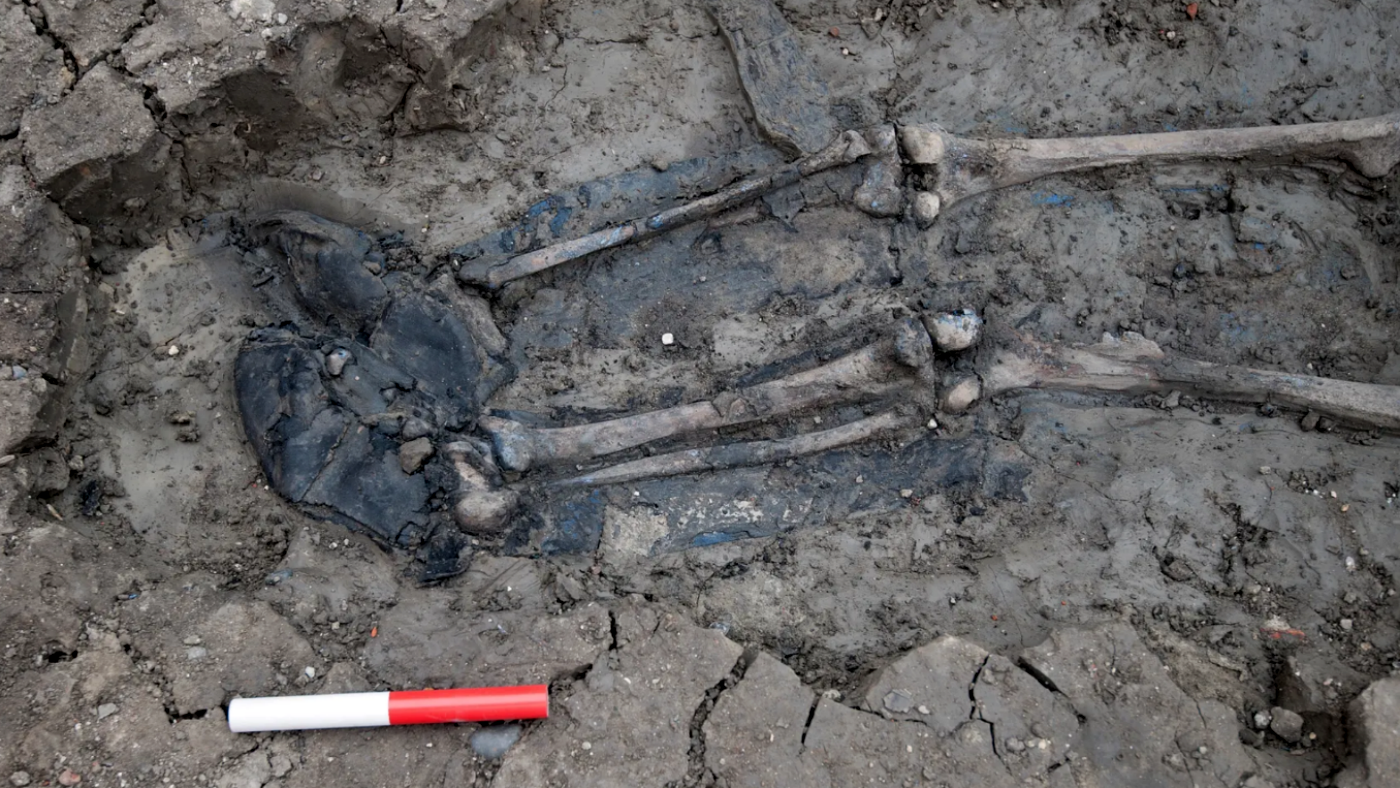 Thames archaeologists uncover skeleton in medieval ‘wellies’
Thames archaeologists uncover skeleton in medieval ‘wellies’Speed Read Discovery of 500-year-old body in leather waders hailed as ‘extremely rare’